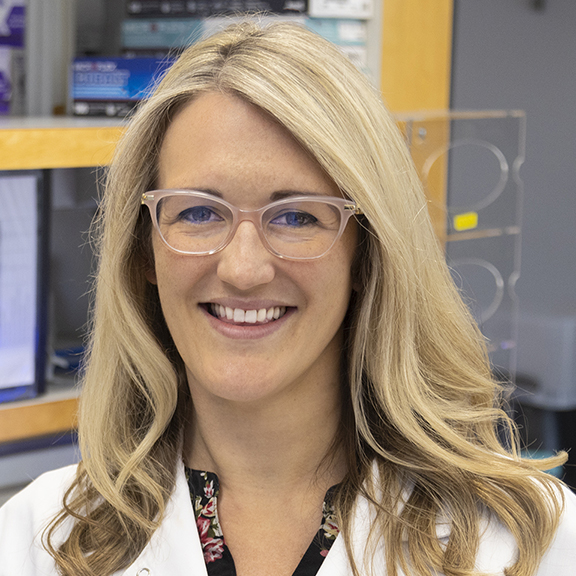On this episode of Immune, IgA-producing plasma cells mobilized from the gut play an unexpected role in suppressing neuroinflammation.
Christian joins Immune to discuss the humoral memory response in a cohort of 87 individuals 1.3 and 6.2 months after infection with SARS-CoV-2.
Immune reminisces about a year in COVID-19 immunology, Steph’s receiving the Pfizer vaccine, and answers to listener questions about a challenge study with common cold CoVs, T cell exhaustion, how CD4 T cells control infections, and more.
Immune describes the striking loss of germinal centers in lymph nodes and spleen in patients with severe COVID-19, providing an explanation for short-lived humoral immunity and limited somatic hypermutation of antibodies to SARS-CoV-2.
Immune explains a study of 125 COVID-19 patients by deep immune profiling, which revealed three immunotypes associated with poor clinical prognosis or recovery.
Immune continues a discussion of the immune response to infection with SARS-CoV-2, including inflammatory responses and disease, antibody and T-cell responses, and vaccines, and answers to listener questions.
Immune continues a discussion of the immune response to infection with SARS-CoV-2, including vaccines and immunity, effects of BCG and OPV, immunity passports, and answers to listener questions.
Brianne Barker returns to continue a discussion of the immune response to infection with SARS-CoV-2, including use of steroid, coagulation in some patients, cytokine storm, and vaccines.
Immune reveals an alternative to a protective vaccine, engineered B cells that produce antiviral antibodies.
The Immune team discusses immunization of pregnant mice to protect offspring from neonatal herpes simplex virus disease.




